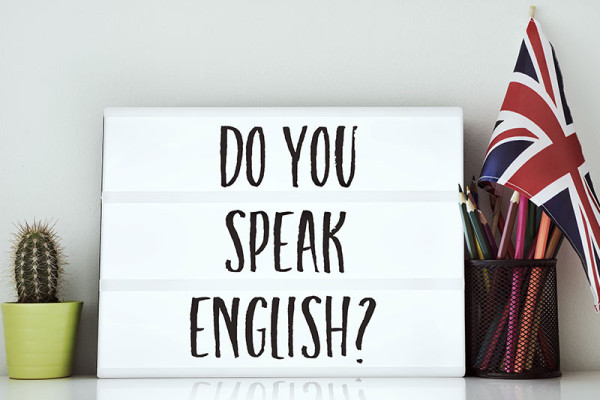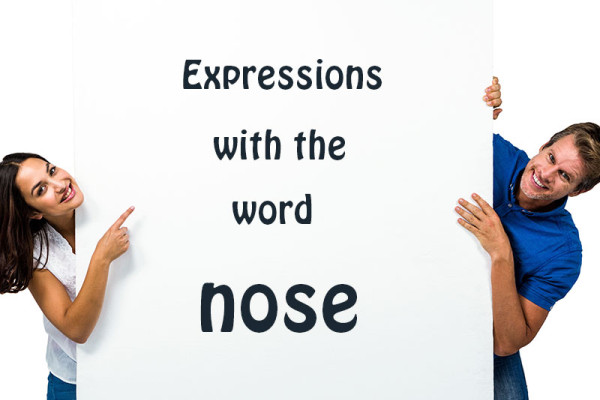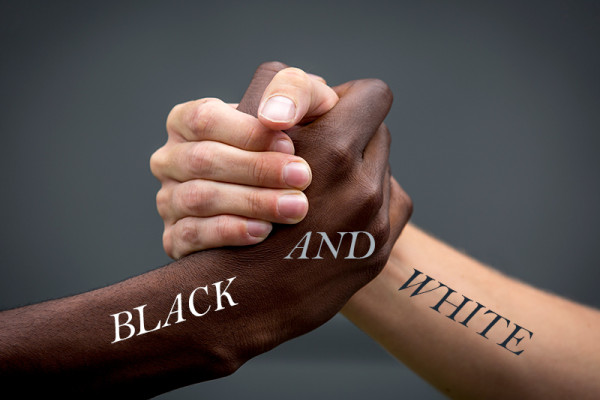Are there English words with different pronunciations?

Well, the truth is that yes, there are. As if it wasn't complicated enough to learn Shakespeare's language, with its illogical prepositions, its phrasal verbs with multiple meanings and, of course, its pronunciation, with sounds that we don't have in Spanish, it so happens that there are certain words that are spelt exactly the same but are pronounced differently and also have a different meaning.
Don't panic, this is not the end of the world, you just have to be careful with the pronunciation because the worst thing that can happen is that the face of the person we are talking to looks as if he or she was thinking: "I don't understand anything". They are not going to kick us out of the country for that.
To show you what it's all about, how about giving an example? Let's say we want to tell someone this: "Yesterday we went to a bar with live music". The word "live" in this sentence is an adjective that means "given or made when people are watching, not recorded", and it's pronounced (laiv). However, the meaning of "live" that people learn first when they study English is as a verb, it's pronounced (liv) and it means "to have your home in a particular place". So, here is where we can get messed up.
Well, there are quite a few of these words and as we cannot put them all, we will give you some of the most common ones.
PRESENT. /ˈprez(ə)nt/ A thing that you give to somebody as a gift.
This present is for you.
PRESENT. /prɪˈzɛnt/ To show or offer something for other people to look at or consider.
He presented his proposal to the marketing manager.
WIND. /ˈwɪnd/ Air that moves quickly as a result of natural forces.
There will be strong winds tomorrow.
WIND. /ˈwaɪnd/ To wrap or twist something around itself or something else.
Simon helped his granny wind the wool into a ball.
TEAR. /ˈtɪər/ A drop of liquid that comes out of your eye when you cry.
The girl ran to her mother with tears in her eyes.
TEAR. /ˈtɛər/ A hole that has been made in something by tearing..
There is a tear in your trousers.
ROW. /ˈroʊ/ A line of seats in a cinema, theatre, etc.
Our seats are in row 8.
ROW. /ˈraʊ/ A serious argument.
I had a row with my father yesterday
OBJECT. /ˈɒbdʒekt/ A thing that can be seen and touched, but is not alive.
There's a strange object on the table.
OBJECT. /əbˈdʒekt/ To say that you disagree with or oppose something.
Neighbours object to the demolition of the old theatre.
MINUTE. /ˈmɪnɪt/ Each of the 60 parts of an hour.
I'll be back in a minute.
MINUTE. /maɪˈnjuːt/ Extremely small.
The flat is fine but the bathroom is minute.
BASS. /beɪs/ A musical instrument.
She plays the bass in a band.
BASS. /bæs/ A kind of fish.
I bought a sea bass for dinner.
BOW. /bəʊ/ A weapon used for shooting arrows.
He placed an arrow in the bow and shot.
BOW. /baʊ/ To move your head or the top half of your body forwards and downwards.
The singer bowed to the audience.
DESERT. /ˈdezət/ A large area of land that has very little water and very few plants growing on it.
The world’s largest desert is the Sahara.
DESERT. /dɪˈzɜːt/ To leave the armed forces without permission.
No one knows why those soldiers deserted.
LEAD. /liːd/ To guide.
You lead and we follow.
LEAD. /led/ A heavy, soft grey metal.
The pipes in this house are all made of lead.
READ. /riːd/ To look at and understand the meaning of written or printed words or symbols.
She reads the newspaper every morning.
READ. /red/ Past simple and past participle of the veb "read".
She read the newspaper this morning.
CONTRACT. /ˈkɒntrækt/ An official written agreement.
Have you signed the contract yet?
CONTRACT. /kənˈtrækt/ To get an illness.
He contracted the disease while travelling in Asia.
As you can see, in some cases, the only thing that changes is where the strong syllable falls. For example, in the word "contract", as a noun, the strong syllable is "con", whereas when it is a verb, the strong syllable is "tract".
A special case, which is often mispronounced, is the verb "read", because in the infinitive it is pronounced in one way, but in the past tense and past participle it is pronounced differently.
Well, you can see the importance of good pronunciation when we express ourselves in English. You have to be careful because in some cases you may want to say one thing and another may be understood.
Should you know more words that are spelt the same but have different pronunciations and meanings, don't hesitate to post them in the comments.
Artículos relacionados
Comment















